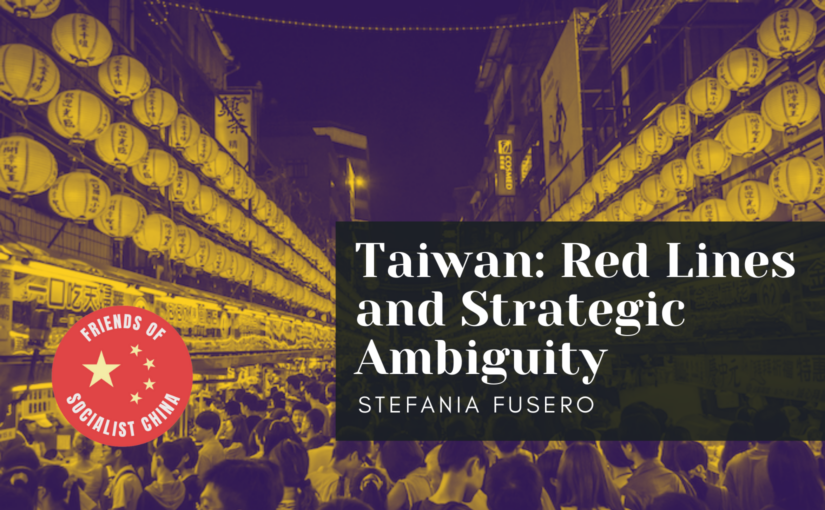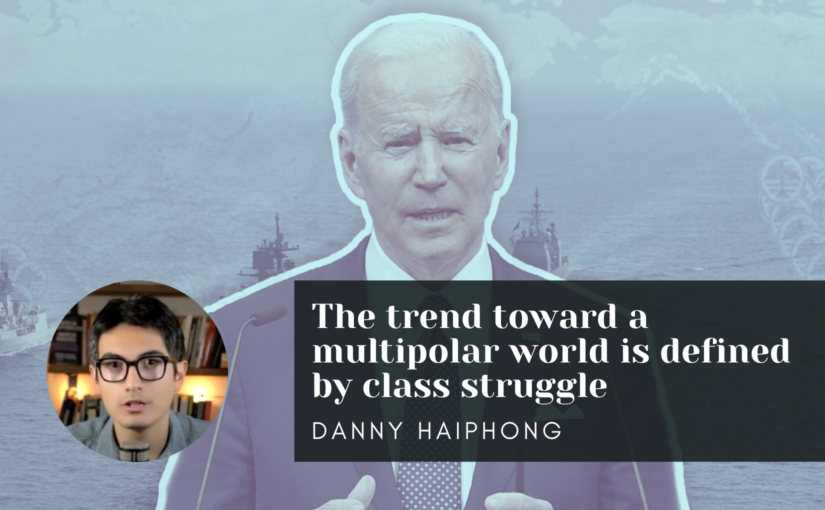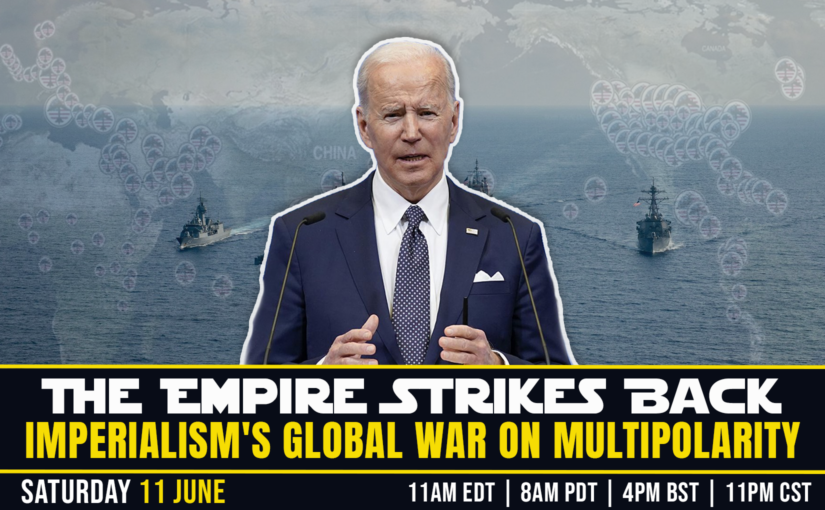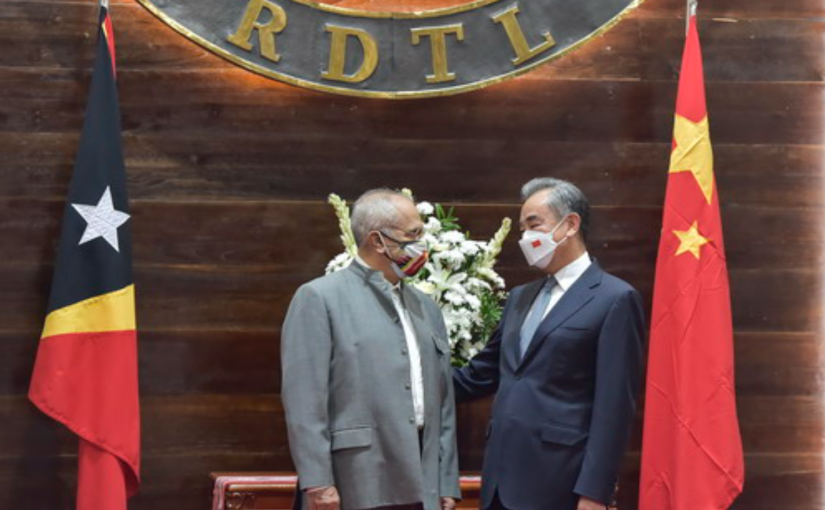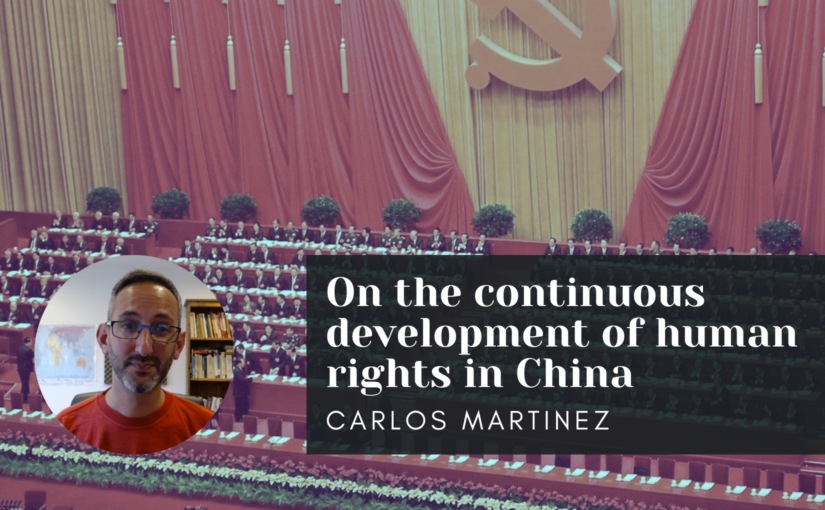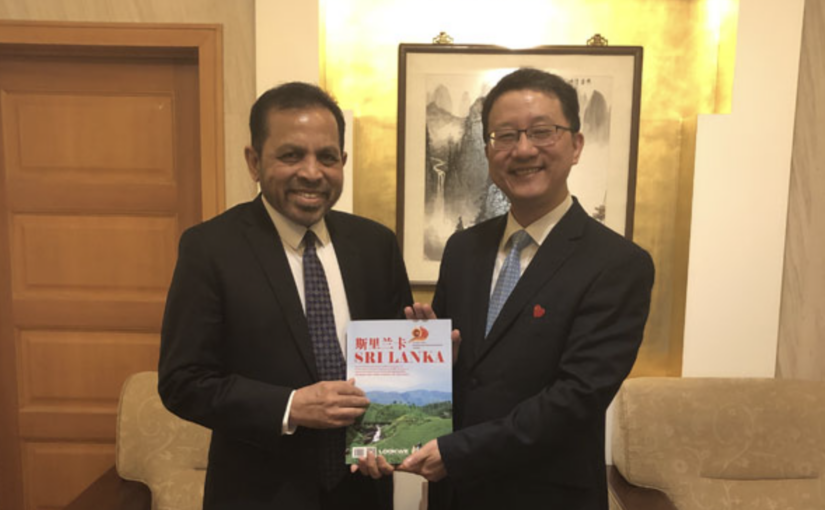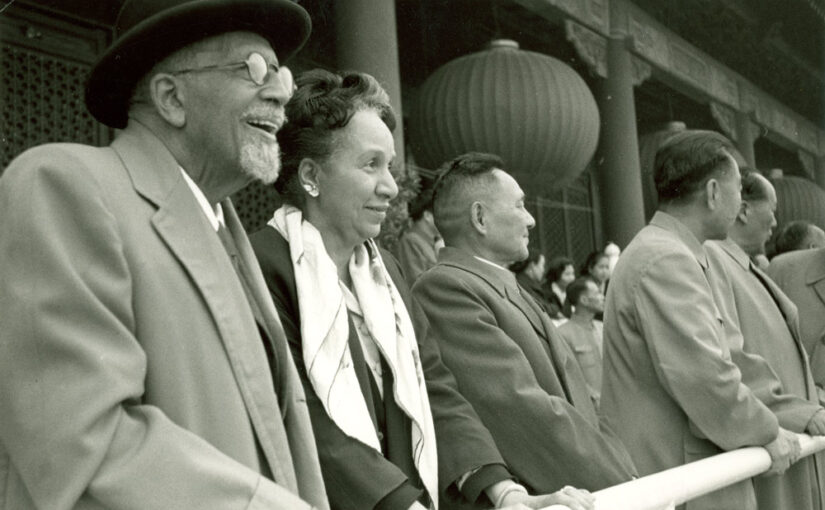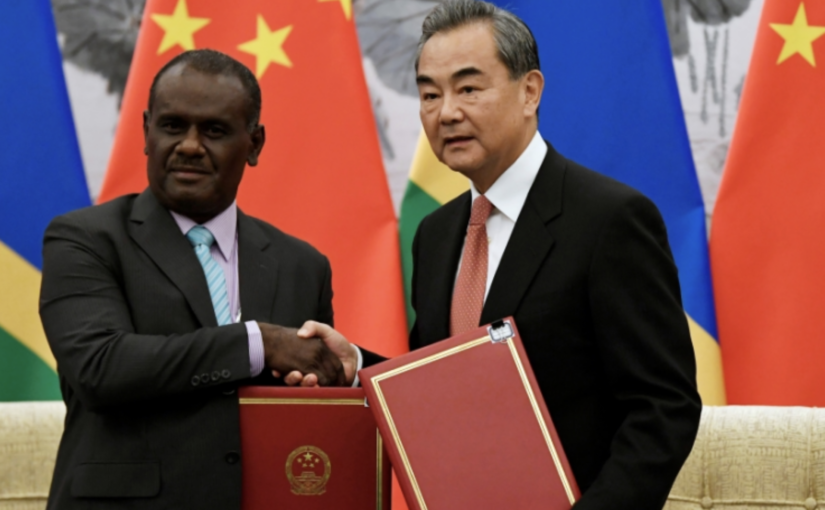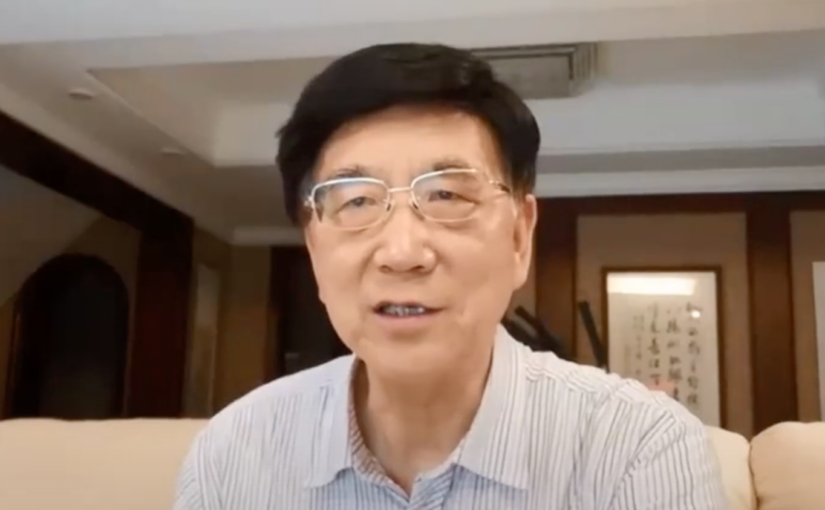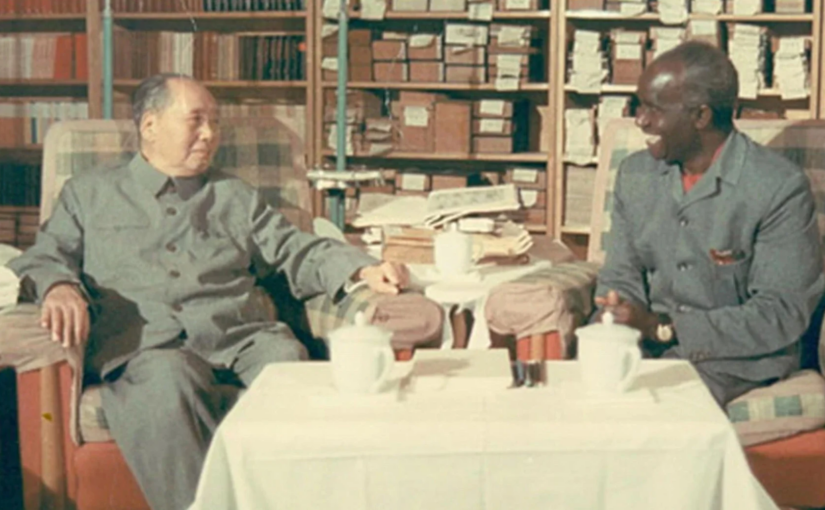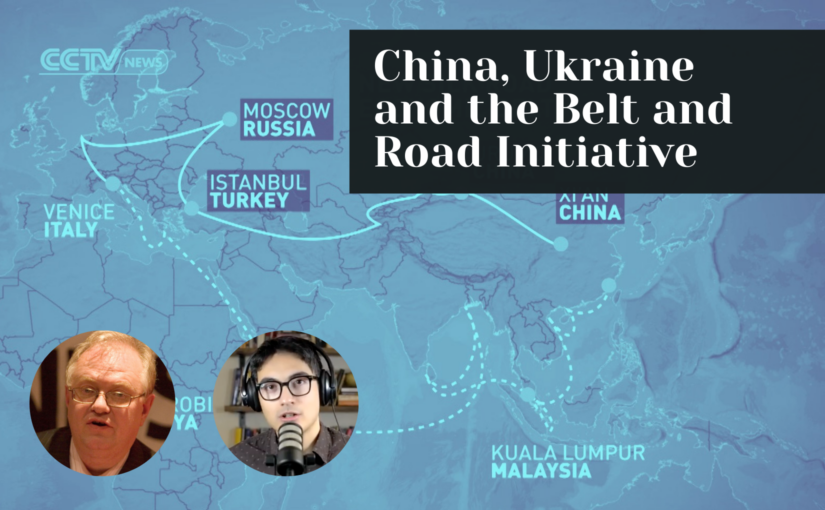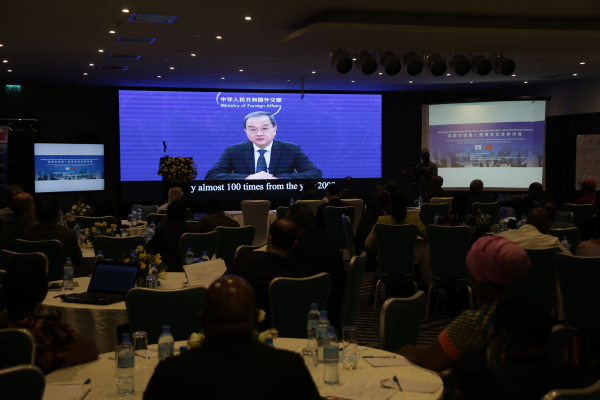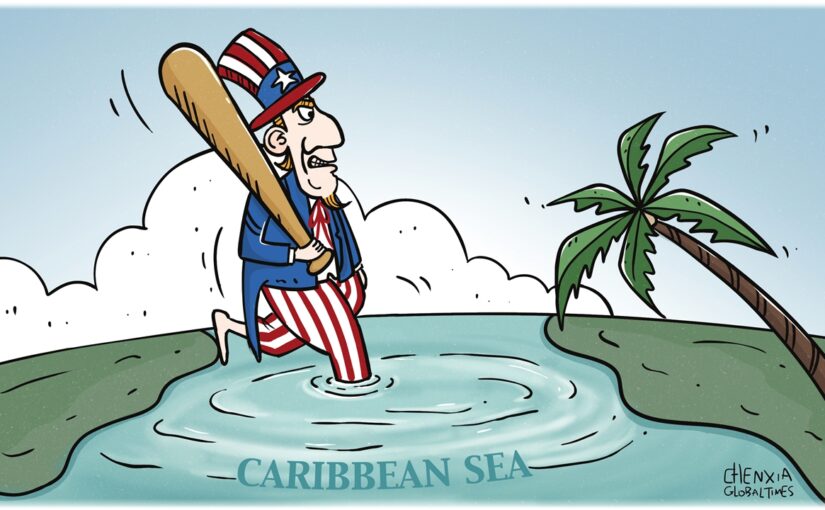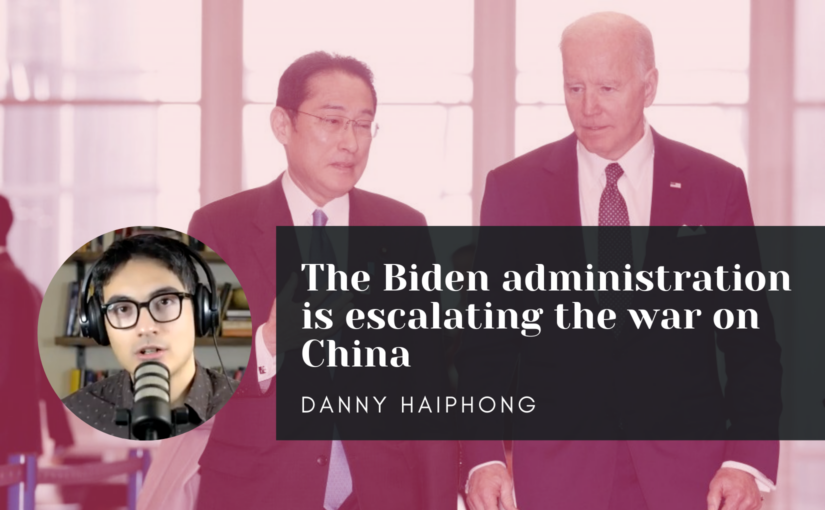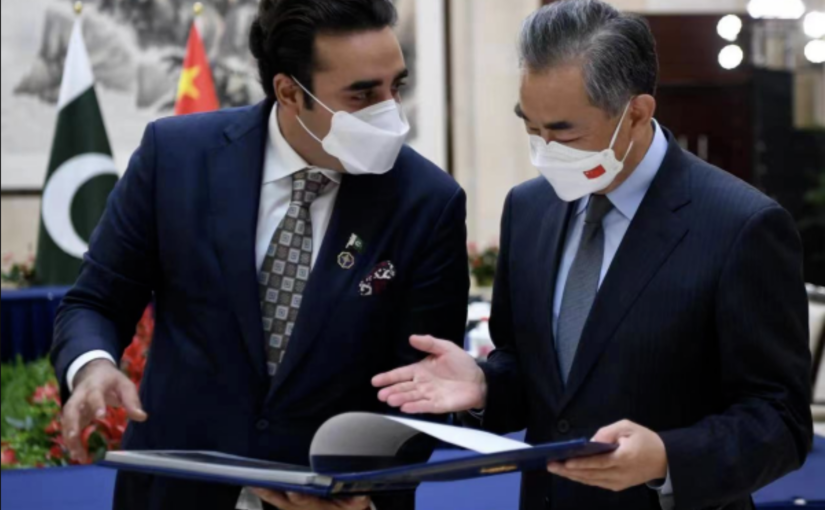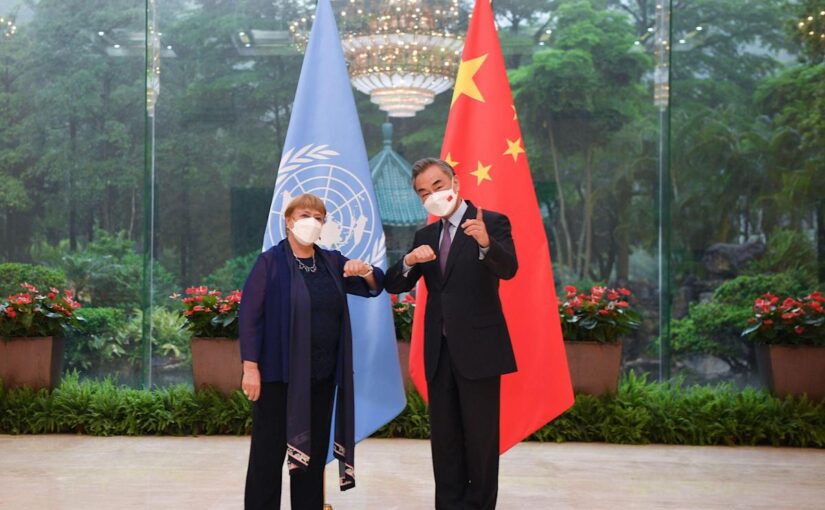We are pleased to reproduce this article by Stefania Fusero, a Friends of Socialist China advisory group member from Italy, about recent developments in US rhetoric regarding Taiwan and the Biden administration’s undermining of the One China policy. The article was first published in New Cold War.
On May 5, 2022, the State Department amended its Taiwan factsheet removing the part in which it acknowledged that Taiwan is a part of China and stated that the US does not support Taiwan’s independence.
While Washington has said the update does not reflect a change in its policy, it has clearly increased both its military and political activism in the region and Biden even went so far as to say in Tokyo on May 23 that the US is ready to use military force to defend Taiwan in the event of an intervention from Beijing.
As the US-led proxy war of NATO against Russia in Ukraine continues, are we going to open a new front against another nuclear power, this time in Southeast Asia? Already our press has begun to compare the situation in Ukraine with the Taiwan issue, so we can expect that the great media circus will soon light up its spotlights to the seas of China – the narrative being likely the same as the one we have been made addicted to by now.
Will we therefore learn to recognise a glorious new flag to insert in the host of democratic countries, that of Taiwan? This will be the easy part, the harder one will be to understand what Taiwan is and why it will have become a vital issue for Western democracies. Will we once again be inundated with a thumping propaganda campaign focused on the epic struggle of democracy against autocracy, freedom against tyranny, light against darkness, good against evil?
Brief historical notes
First of all, it must be noted that Taiwan is not an independent state, in fact it is not even a state according to international law.
After the defeat of Japan in the Second World War, Taiwan returned to be an integral part of China, and as a consequence, after the defeat of Chiang Kai-shek’s Kuomintang, of the People’s Republic of China.
The name of Taiwan denotes an island (+ some other islets) about 160 km from the south-eastern coast of China, surrounded by the East China Sea to the north, the Philippine Sea to the east, the Luzon Strait to the south and the South China Sea to the southwest. The inhabitants are about 23 million, the capital is Taipei.
Starting from the end of the 13th century groups of Chinese began to arrive from the mainland and settle on the island, but during the 17th century Taiwan, to which Portuguese explorers had given the name of Formosa, became a pole of attraction also for Europe: the Dutch colonised the south and the Spanish colonised the north.
In 1644 the Ming were defeated by the Manchus, who founded the new Qing dynasty, which would be the last in Chinese imperial history. The prince of Yanping, known in the West as Koxinga, did not recognise the authority of the new Qing dynasty, and attempted to restore the Ming. In 1661 he crossed the strait, attacked the Dutch settlers claiming the island of Taiwan as a historic property of China, and ended Dutch colonisation, which had lasted nearly 40 years. Taiwan thus became a military base from which Koxinga and later his descendants tried in vain to restore the Ming dynasty. After finally defeating them in 1683, the Qing integrated Taiwan into their empire.
England defeated the Qing in the First Opium War in 1842, ushering in the so-called “century of humiliation” for China, which became the prey of the greed of several empires. To Japan, the last newcomer to the imperial club, the dying Qing dynasty was forced with the 1895 treaty of Shimonoseki to cede the island of Taiwan, which remained a Japanese colony until October 25, 1945, when the government of China, which had been became a republic, finally regained possession of Taiwan and the Penghu archipelago, reassuming their full legitimate sovereignty.
The victory over the Japanese, however, did not mean the end of military hostilities in China, where since 1927 the civil war between the Communist Party led by Mao Zedong and Chiang Kai-shek’s Kuomintang (KMT) had been intermittently raging.
The civil war ended in 1949 with the victory of the Communists and the defeat of Chiang Kai-shek, who, just as Koxinga had done a few centuries earlier, fled the mainland and occupied Taiwan, where his regime took on the name of ROC (Republic of China), the same name adopted by the state entity born after the fall of the Qing Empire in 1912.
This is the origin of the so-called ‘Taiwan question’.
One China or two Chinas?
For its part, on the very day of its foundation, October 1, 1949, the government of the People’s Republic of China (PRC) announced to the world that it “… is the sole legitimate government representing the entire people of the People’s Republic of China”. It declared to the United Nations that the KMT authorities had “lost all basis, both de jure and de facto, to represent the Chinese people” and therefore had no right to represent China. Since the founding of the PRC, a sine qua non condition for any country wishing to have relations with the PRC has been to recognise the government of the PRC as the sole legitimate authority of the whole of China, as well as to sever or refrain from establishing diplomatic relations with the Taiwanese authorities.
At least on this point did Mao Zedong and Chiang Kai-shek agree: China is one and has only one legitimate government, which obviously for the PRC is that of Beijing and for the KMT that of Taipei.
The US, which during the civil war had gambled on the Kuomintang, supporting it militarily and economically against the Communist Party, did not resign to its victory and continued to give generous aid to the KMT.
After the start of the Korean War in June 1950, the US government not only sent troops to Taiwan, which General Mac Arthur compared to an “unsinkable aircraft carrier”, but even considered using nuclear weapons against the PRC.
From a diplomatic point of view, meanwhile, the US questioned the status of Taiwan and lobbied for “dual recognition” among the international community in order to create “two Chinas”, whereas the government of the PRC, to safeguard the sovereignty and territorial integrity of the nation, staunchly supported the one China principle: there is only one China in the world, Taiwan is an integral part of it, and the PRC government is the sole legitimate government representing the whole of China.
This principle came gradually to be accepted by the international community, until on October 25, 1971, the United Nations General Assembly adopted Resolution 2758, which expelled the representatives of the Taiwanese regime and awarded the seat in the United Nations to the government of the PRC.
In the following year, February 1972, President Nixon’s historic visit to China led to the total revision of the official position of the US towards Taiwan. With the famous Shanghai communiqué, which was to be followed by another two in 1979 and 1982, later defined as “the three joint communiqués”, the USA relinquished the doctrine of the two Chinas, recognised the indivisibility of China, declared that Taiwan is a province of China and that the liberation of Taiwan is an internal affair of China; they also pledged to withdraw all US military forces stationed in Taiwan.
Was that the happy ending for the Taiwan issue, then? Unfortunately not, as shown by the tensions which today, while a war is still being waged in Ukraine, are intensifying around the Seas of China.
The one-China principle vs the so-called US strategic ambiguity
If from the very moment of its foundation in 1949 the position of the PRC on Taiwan has remained unequivocal and constant overtime, that of the US has instead been configuring in terms of “strategic ambiguity”.
As early as in 1979 Deng Xiaoping’s government articulated the policy of “peaceful reunification and one country, two systems”: China is committed to achieving peaceful reunification but will not rule out the use of force if any of its red lines were to be overpassed, if for example Taiwan ceased to recognise the principle that China is one and inalienable and/or proclaimed independence from the PRC or were occupied by any foreign countries.
The PRC wants to achieve reunification through peaceful negotiations and is willing to negotiate any matter except the overriding one-China principle. After reunification, the “one country, two systems” policy will be practiced: mainland China will continue with its socialist system and Taiwan will maintain its capitalist system for a long time to come. After reunification, Taiwan will enjoy a high degree of autonomy and the central government will not send troops or administrative personnel to be stationed in Taiwan.
Economic and cultural exchanges and people-to-people contacts between the two sides of the Taiwan Strait have made rapid progress since the end of 1987, and economic data shows that imports from the PRC and exports to the PRC far outweigh those with all other countries. Despite these trends, the current majority party in Taipei, the DPP (Democratic Progressive Party) led by Tsai Ing-wen, has increased military spending, moved closer to the US, and sharpened the hostility of its government towards the PRC.
Notwithstanding the principles solemnly stated in the three Communiqués between 1972 and 1982, the US has in fact often contradicted the spirit and the letter of them, adopting a policy toward Taiwan that they equivocally define as “strategic ambiguity”, which certainly does not favour a climate of trust and détente between the USA and the PRC.
We could give many examples to illustrate the ambiguous US policy on Taipei, such as the steady increase in arms sales to the island, the incendiary declarations of members of Congress on official visits to what the US does not even officially recognise as a nation, as well as the fact revealed in the WSJ last October 2021 that US military advisers had been present in Taiwan for at least one year, all obviously in flagrant violation of the agreements made in the three communiqués.
And what about a 2002 act that: “… Taiwan shall be treated as though it were designated a major non-NATO ally (as defined in section 644(q) of the Foreign Assistance Act of 1961?”
We can get an idea of how their policy of “strategic ambiguity” can be correctly interpreted by turning directly to official US sources. I highly recommend reading the Taiwan fact sheet on the official website of the US State Department, or rather its different versions that have appeared between 2019 and a few days ago. To facilitate comparison for anyone wishing to go through them in detail, I have prepared a PDF with the three versions in chronological order, highlighting the most significant parts (see here).
June 8, 2019: the fact sheet begins with the 1979 communiqué recognising the PRC as the sole legitimate government of one China. It also importantly states that the US does not support Taiwan’s independence.
May 8, 2022: what a twist! The sheet has dramatically changed: it begins by saying that Taiwan is a key partner of the United States in the Indo-Pacific and that the United States and Taiwan share the same values. US policy is guided by the Taiwan Relations Act, the three joint US-China Communiqués and the Six Assurances (in that order).
The PRC government is well aware that a few fundamental words have gone missing from the fact sheet, i.e. “the US does not support Taiwan’s independence”. On the other hand, the so-called Six Assurances are in!
To understand the reason why the Chinese government promptly and firmly reacted to these changes, we need to say just a few words about the Taiwan Relations Act and the Six Assurances.
The Taiwan Relations Act is a pro-Taiwan lobby-inspired law passed by Congress in 1979 to offset the effects of the US government’s recognition of the PRC: “…the United States shall provide Taiwan with arms of a defensive character and shall maintain the capacity of the United States to resist any resort to force or other forms of coercion that would jeopardize the security, or social or economic system, of the people of Taiwan.”
The term ‘Six Assurances’, instead, refers to six Reagan-era security assurances unilaterally provided to Taiwan in 1982 but not formally made public, which the United States declassified in 2020, among which: the United States has not agreed to set a date for ending arms sales to Taiwan; the United States has not agreed to consult with the PRC on arms sales to Taiwan; the United States has not agreed to revise the Taiwan Relations Act.
May 28, 2022: the fact sheet, surreptitiously modified one more time, reaffirms that the US does not support Taiwan’s independence.
Playing with the Joint Communiqués as well as with laws and provisions that unilaterally regulate, in a more or less open way, relations between China and the USA, erratically emphasising either, is sufficient in itself to convey totally contradictory and obviously destabilising messages to the world.
What is China doing in the meantime? Its policy has constantly remained the same, that to foster a gradual and peaceful reunification but in the meantime, it is bracing for the worst. In fact, for the PRC Taiwan is not a pawn to be used to destabilise countries thousands of km away from its national territory, but “… it is part of the sacred territory of the People’s Republic of China. It is the sacred duty of all the Chinese people, including our fellow Chinese in Taiwan, to achieve the great reunification of the motherland.” (from the Preamble of the Constitution of the PRC)
Sources:
https://en.wikisource.org/wiki/Shanghai_Communiqu%C3%A9
https://en.wikisource.org/wiki/Joint_Communiqu%C3%A9_on_the_Establishment_of_Diplomatic_Relations
https://en.wikisource.org/wiki/US%E2%80%93PRC_Joint_Communique,_August_17,_1982
https://web.archive.org/web/20190608140339/https://www.state.gov/u-s-relations-with-taiwan/
https://www.state.gov/u-s-relations-with-taiwan/
https://oec.world/en/profile/country/twn#Profile
https://www.mfa.gov.cn/ce/celt/eng/zt/zgtw/t125229.htm
https://uscode.house.gov/view.xhtml?req=(title:22%20section:2321k%20edition:prelim)
http://www.npc.gov.cn/englishnpc/constitution2019/201911/1f65146fb6104dd3a2793875d19b5b29.shtml
